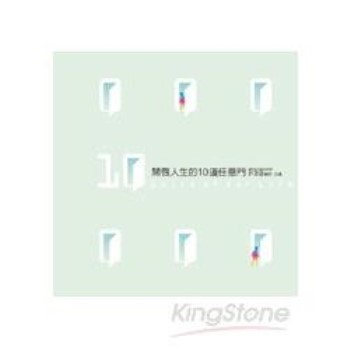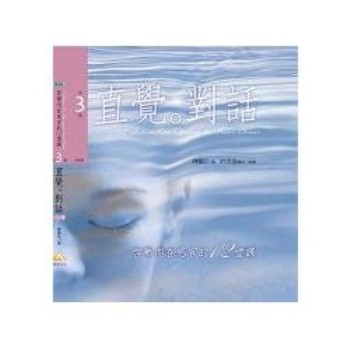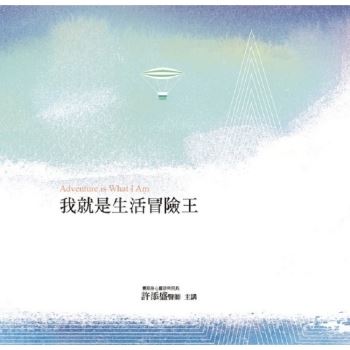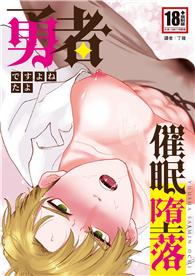Postmodernism’s ’end’ is a complex and contentious topic. Yet, one overarching consensus emerges: the postmodern has been surpassed. This book poses a thought experiment challenging this position - what if postmodernism persists within the twenty-first century?
Rather than designate a new epoch or coherent movement, this book interrogates the fragmented, contradictory, and counterintuitive endurance of postmodern aesthetics within post-Cold War America. An alternative use of postmodern aesthetics becomes possible when they are decoupled from their twentieth-century historical location. Collectively, these repetitions posit a postmodern continuum, contrasting the widely called-for succession of postmodernism via this decoupling. When postmodern aesthetics are no longer unconsciously repeated within their cultural moment, this emergent shift within a period ’after’ postmodernism presents an alternative historical positioning and use. After their cultural vanguard, postmodern aesthetics become a confrontation of the chaotic realism of an inescapable post-Cold War capitalism, tapping into this cultural zeitgeist through literature.












